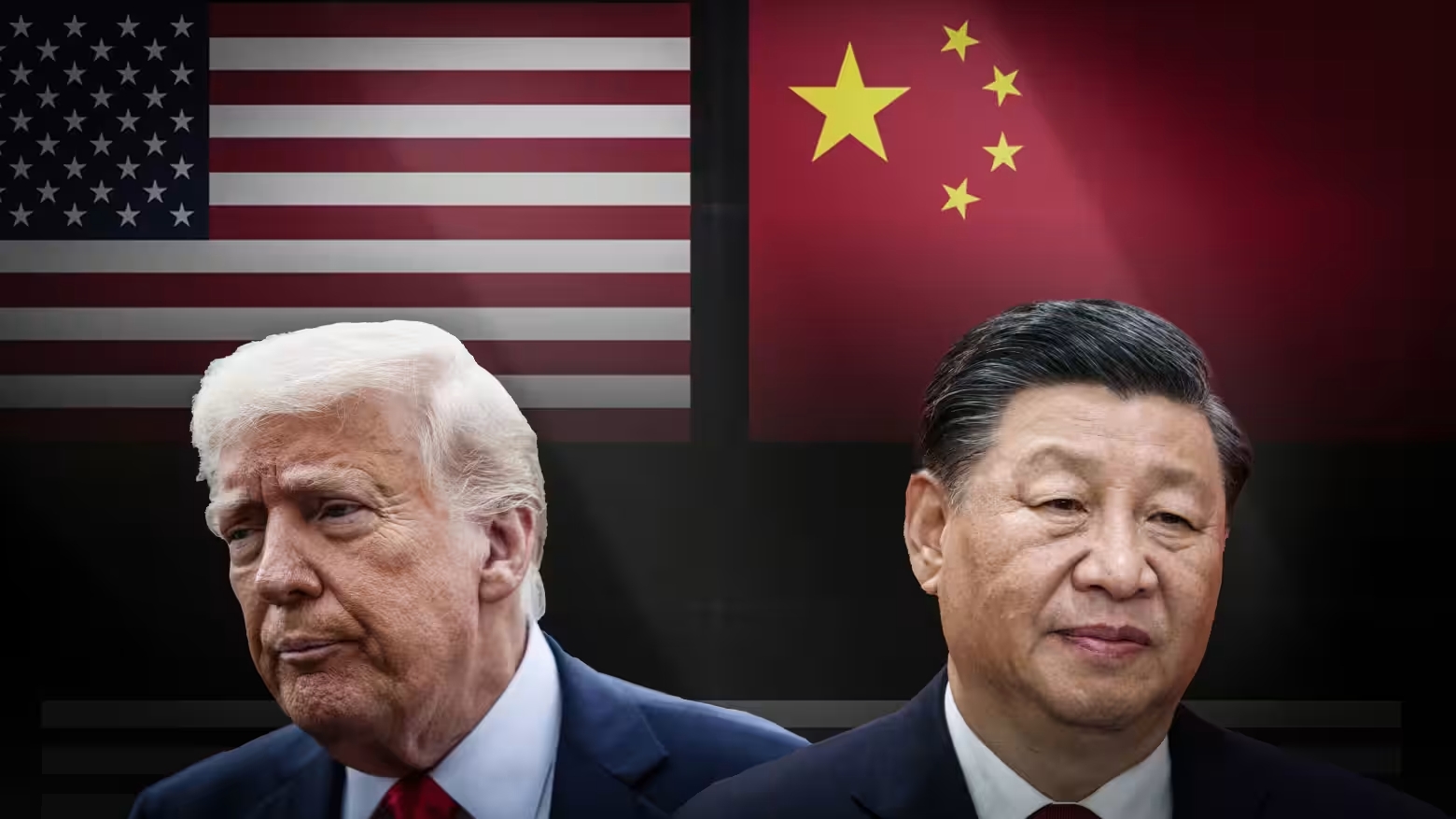Francis Tuschek, Seoul
The United States has launched a special initiative called Project Portero to combat fentanyl and other drug trafficking originating from Mexico. This effort underscores the U.S. commitment to addressing the opioid crisis and disrupting the flow of illegal drugs across its borders.
Yesterday, Mexico handed over an alleged Chinese fentanyl kingpin, Zhi Dong Zhang—also known as “Brother Wang”—to U.S. authorities. Zhang is wanted in the United States for extensive drug trafficking and money laundering offenses, involving over 1,000 kilograms of cocaine, 1,800 kilograms of fentanyl, and more than $150 million in illegal profits.
Court documents reveal Zhang’s operations spanned the U.S., Central America, Europe, China, and Japan, where he formed alliances with Mexican criminal groups to facilitate trafficking networks. Initially arrested in Mexico last October and placed under house arrest, Zhang escaped in July but was recaptured in Cuba, thanks to cooperation from the Cuban government, as confirmed by Mexico’s National Security Minister Omar Garcia Harfuch.
The U.S. government now plans to address this case in high-level discussions. President Donald Trump is set to speak with President Xi Jinping at the upcoming APEC summit in Seoul next week, where he intends to bring up fentanyl trafficking as a key agenda item. Trump emphasized the importance of this issue, stating, “The first question I’m going to be asking him about is fentanyl. I’m putting it right at the front of the list.”
Meanwhile, Beijing has criticized Washington, accusing the U.S. of attempting to “blackmail” China over fentanyl-related concerns, particularly regarding the flow of precursor chemicals. A spokesperson from China’s Ministry of Foreign Affairs stated they are “not aware of the specific situation” regarding Zhang’s case during a recent press briefing.



